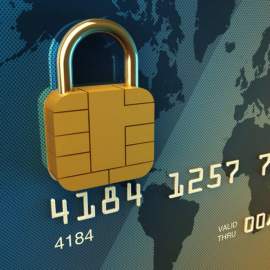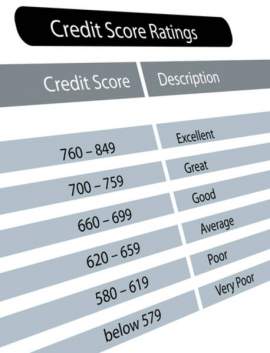
A Comprehensive Guide to Cash Back Credit Cards

What are
Cash Back Credit Cards?
A Cash Back Credit Card allows for individuals in
possession of such credit cards to become eligible for the receipt of a lump
payment furnished to them by the associated credit card company as the end of
the fiscal year. However, both the percentage rate determining the rate of
repayment and the terms and conditions latent within the ‘cash back’ process are
subject to variation.
Standards and Practices of Credit Terms Specific
to Cash Back Credit Cards
In most cases, the following standards and
practices are specific to Cash Back Credit Cards:
The determination of the repayment process may
vary between flat and variable rates. Variable cash back rates are incurred as
a result of both the nature and gross amount of spending undertaken through the
use of the Cash Back Credit Cards. Fixed rates range from anywhere between 2%
and 5% regardless of the spending behavior undertaken by the individual owner.
In many cases, Cash Back Credit Cards will partner
with peripheral companies and corporations in order to form a ‘Rewards
System’. This is defined as a system in which individuals patronizing certain
products or services become eligible for cash back at the end of the year. This
is most common with regard to purchasing airline tickets with Cash Back Credit
Cards.
Cash Back Credit Cards: Profile and Background
The following details are inherent within the
financial structure and legal ideology of Cash Back Credit Cards:
Cash Back Credit Card Interest and Annual
Percentage Rates
Both the interest rates, as well as the annual
percentage rates associated with Cash Back Credit Cards, may vary. In certain
cases, higher interest rates are considered to negate the cash back received at
the end of the fiscal year. In the event that an individual is granted a lower
Annual Percentage Rate (APR), the prospect of cash back may prove to be
profitable.
The Repayment Process of Cash Back Credit Cards
With regard to the repayment process of Cash Back
Credit Cards, the following terms may be applicable:
Cash Back Credit Cards will typically undertake
the furnishing of ‘cash back’ only in the event that the individual owner is
not in default. Furthermore, the individual will typically be required to have
furnished prompt repayments with a minimum outstanding balance.
Cash Back Credit Cards: Legality
Cash Back Credit Cards will typically fall under
the jurisdictions of both Finance Law and Commercial Law.
Finance Law is the legal specialty regulating and
overseeing legislation applicable to the exchange and the circulation of monies.
This takes place in both transfer activity undertaken involving hard currency,
as well as Cash Back Credit Cards.
Commercial Law is the legal field that enacts the
regulatory oversight of standards and practices occurring within the commercial
marketplace. With regard to Cash Back Credit Cards, statutory legislation has
been undertaken within the precepts of Commercial Law to deter predatory
lending or exploitative activity.
Contingency Plans in the Event of a Rejected
Application for Cash Back Credit Cards
In the event that your application for the receipt
of a Cash Back Credit Card has been rejected, additional options may exist for
your consideration. You are encouraged to investigate the following options,
which may provide assistance with regard to both the receipt of a credit card
in addition to measures undertaken in order to improve your respective credit
score. Individuals interested in applying for credit cards are encouraged to
contact legal and financial professionals in order to better understand both
the risks and ramifications implicit within any nature of credit cards.
NEXT: A Comprehensive Guide to Credit Cards for Fair Credit




















